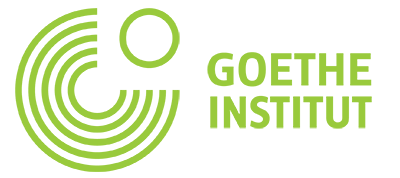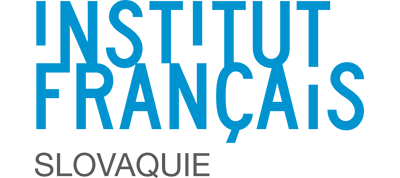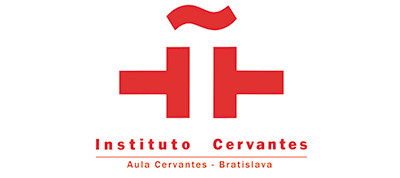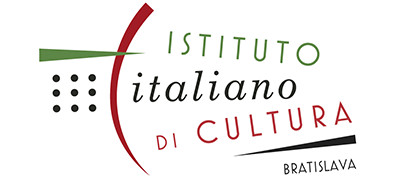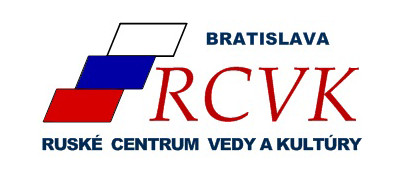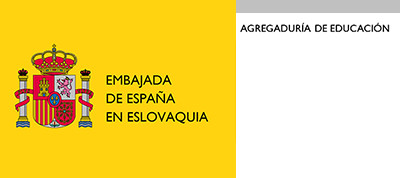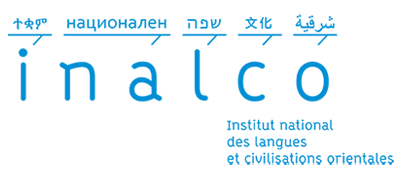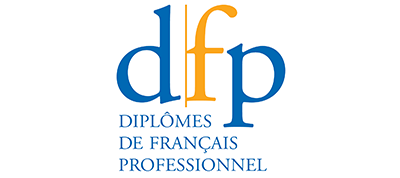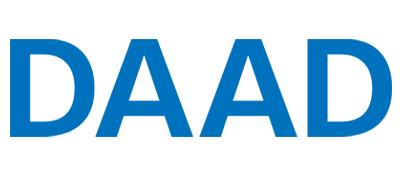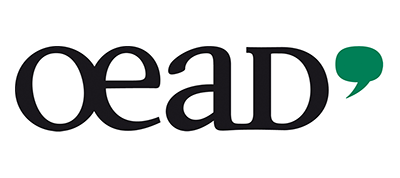General characteristics of the graduate's professional profile
The graduates of the study field Foreign Languages and Cultures master the foreign language in a common communication routine, both in spoken and written form; they have basic knowledge of translation strategies and techniques; they have adopted a general cultural competence, i.e. a global knowledge of the issue of intercultural communication behavior. They also have basic theoretical and methodological insights in linguistics and literary sciences. In the labor market the graduate can be employed as a cultural mediator within a lower level of government and self-government organization; in contact with foreign clients in the development of cultural and economic relations with the foreign countries.
The graduate´s profile on the 1st level of study
Theoretical knowledge
The graduate of study field Foreign Languages and cultures
- acquires conceptual apparatus and basic theoretical insights in linguistics and literary sciences,
- acquires general knowledge on the issues of intercultural communication (different value orientation, different means of thinking, interpretation and evaluation of cultural determinants), focusing on such phenomena that might hinder or completely disable intercultural communication
- acquires knowledge of foreign language skills in a dynamic confrontation with the reconstruction of the parent culture,
- can effectively use the knowledge to overcome language and cultural barriers.
Practical skills and techniques
The graduate of study field Foreign Languages and cultures can:
- understand a text in a foreign language based on an audio presentation,
- understand written texts of a medium difficulty
- orally express the information content on a sufficient communicative level,
- write in terms of common communication,
- translate written texts in terms of common communication,
- interpret common speeches and do culture-oriented guide services.
Additional knowledge and skills
The graduate of study field Foreign Languages and cultures can:
- identify and verbalize cultural specificities or culturally dependent non-verbal behavior of a representative of foreign culture,
- master basic information technologies and know how to use them in practice effectively.
Employability of the 1st level study graduate
Graduates of the 1st level of the study program "Foreign languages and intercultural communication" will find the employment in the following positions:
- Manager assistant in enterprises and institutions who can carry out operational tasks, secure contacts within and outside the enterprise, self-develop the documentation for the manager from foreign language sources and communicate in written and oral form according to the needs of the enterprise;
- Translator within the enterprise who can translate relevant documents from source to target language can search, analyze and process translation materials in foreign languages for the needs of the enterprise;
- Employee in the field of foreign relations, trade, policy and culture who manage international cooperation and communication in foreign languages, organize events promoting international relations, trade, international policy and culture;
- Employee in the field of state, public administration and self-government who can provide international cooperation within cities and regions, establish contacts with foreign institutions.
Profile of the graduate on the 2nd level of study
Theoretical knowledge
The graduate of the study field Foreign Languages and cultures gains:
- extensive culture competences related to the dispositional behavior of foreign and parent culture representatives and their guidance in interaction,
- specific knowledge of linguistic, literary, culture- and translatology theories,
- basic knowledge of economic sciences: management, marketing, public relations, entrepreneurial governance.
Practical skills and techniques
The graduate of study field Foreign Languages and cultures can:
- apply extensive linguistic, literary and cultural knowledge in practice,
- knowingly reflect their own and foreign culture,
- develop thinking in categories and prototypes,
- implement specific strategies and techniques for the translation of specialized and literary discourse, as well as interpreting on a professional level.
Additional knowledge and skills
The graduate of the study field Foreign Languages and cultures gains:
- the basics of management;
- information technologies,
- the ability to identify the assumptions of their own continual professional growth and learning;
- the ability to use the language adequately and the competence to develop a language-specific culture of expression.
Employability of the 2nd level study graduate
Graduates of the 2nd level study program "Foreign languages and intercultural communication" will find employment in the following positions:
- interpreter and translator within the enterprise, institutions, organizations - from source to target language and vice versa, search, analyze and process translation materials in foreign languages for the needs of the enterprise, simultaneous and consecutive interpreter;
- the EU officer who manages the agenda in foreign languages as part of its inclusion for the institutions of the European Union, coordinates and ensures cooperation in a defined area within the European Union;
- mass media communicator, press officer, spokesperson who can process conceptual materials of the institution in foreign languages, present the views of the institution in order to create a positive image in the public;
- intercultural mediator who can conduct trade negotiations in selected foreign languages with an emphasis on the cultural specificities of business partners, they can take the role of a mediator in trade negotiations.


